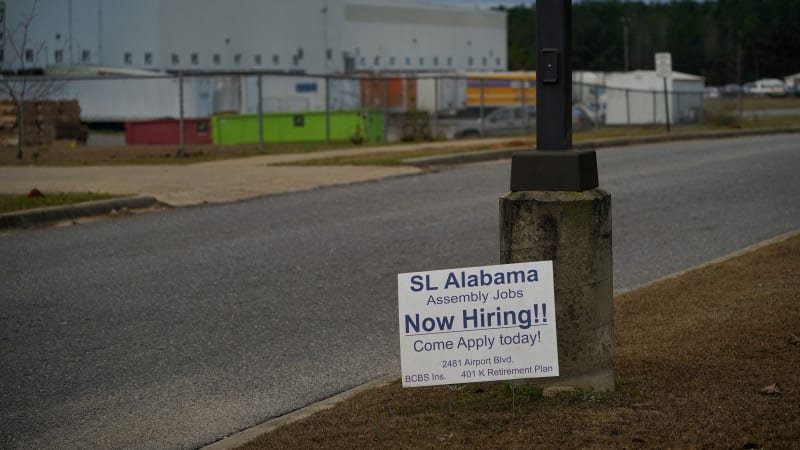As many as 10 Hyundai plants being investigated for child labor

In July, Reuters published an investigative piece about child labor at a Hyundai parts supplier called Smart, in Luverne, Alabama. Hyundai is Smart’s majority owner, and both Smart and Hyundai said they had no idea there were children as young as 12 working at the facility. A month later, another Hyundai supplier in Alabama, this one not owned by Hyundai, admitted to employing children. Reuters kept digging into the matter, and has just published another lengthy investigative piece about underage labor in the Hyundai Group industrial ecosystem in Alabama. The news organization says it found at least four factories in the area used child labor, and that “federal agencies are probing whether kids have worked at as many as a half dozen additional manufacturers throughout the automakers’ supply chain in the southern U.S. state.”
The report names two more suppliers. Hwashin is a wholly Hyundai-owned plant in Greenville, AL, while Ajin is a supplier in Cusseta, AL owned by a Korean-based parent company also called Ajin. In early, 2021, a local school official reported Hwashin to county authorities for possibly hiring kids as young as 12. Reuters interviewed employees who said they worked at Ajin, one an adult from Mexico who said he spoke to at least 10 workers under the legal age, and a manager at the plant who said he raised concerns but was told by bosses to “focus on production.” Reuters says that since the August report, “as many as 10 Alabama plants that supply parts to Hyundai or Kia have been investigated for child labor by various state and federal law enforcement or regulatory agencies,” a number that includes the four already mentioned.
How is this happening? Partly through staffing agencies who stay in business by filling positions. The report dives into what it calls the “partially interconnected network of suppliers and staffing agencies, many Korean-owned, [that] exists to serve the Hyundai brands.” What it finds are the same issues that always hinder attempts to figure out who did what at the corporate level — trails of shell companies, hard-to-find executives, front office people with no comment, and spokespeople with boilerplate responses. However, in this case, Reuters also found connections like a staffing agency president owning a house where underaged workers lived, and reports of staffing agencies owning shuttle services to get workers from homes to the factories, those workers having the shuttle charges deducted from their pay.
Why didn’t other workers say anything? Because these factories resurrect local fortunes by playing an “important economic role,” as Hyundai pointed out in a statement to Reuters, and no one wants to lose a job which could be the only decent employment for many miles.
Why do these stories keep coming up? Because it’s too profitable to quit the practice. The U.S. Labor Department and the Alabama Department of Labor fined supplier SL Alabama and a staffing agency about $66,000. Meanwhile, another point in the Reuters piece notes the pressure of just-in-time manufacturing, saying, “To avoid halting assembly lines, Hyundai can fine suppliers – sometimes thousands of dollars per minute – for any delay, according to people familiar with its operations.”
The DOJ didn’t comment on the state of its investigations, but we probably haven’t heard the last of this. Make that: We definitely haven’t heard the last of this.





